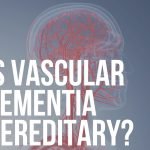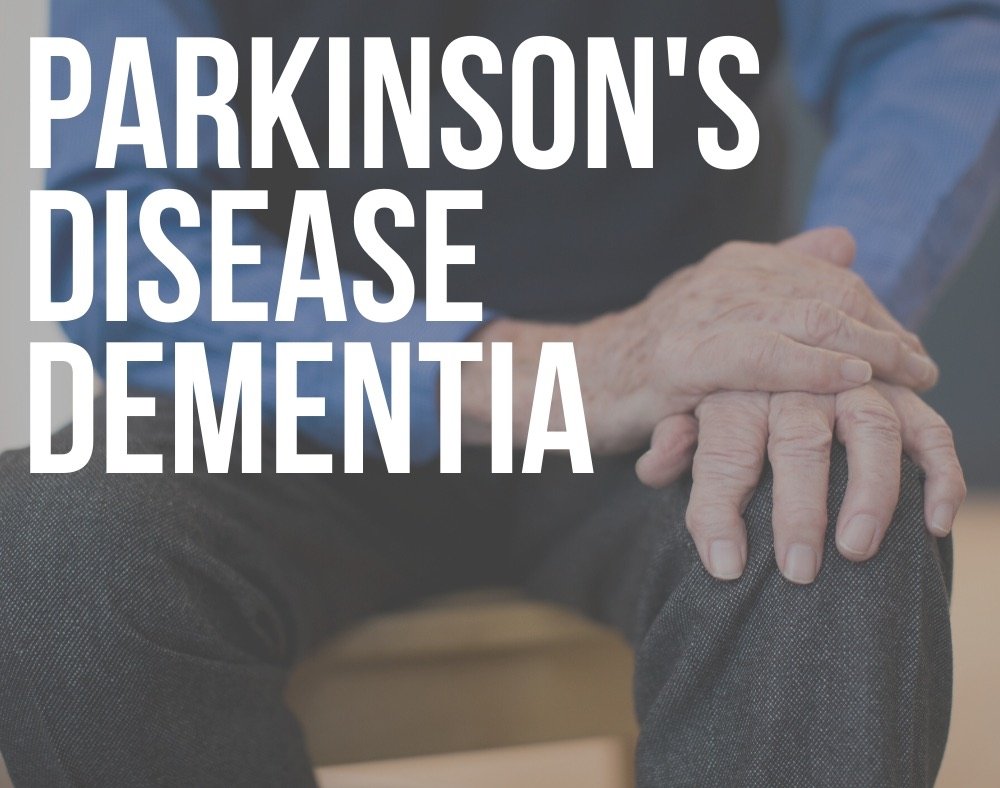Several studies confirm that there is a link between stroke and dementia.
A stroke occurs when brain cells are damaged or die-off because the flow of blood to the organ is interrupted.
This kind of damage can lead to the development of dementia because it results in problems with thinking and memory.
Dementia is a group of symptoms that result in cognitive decline.
This includes problems with communication, memory, and concentration.
Statistics indicate that having a stroke doubles the risk of developing dementia.
Contents
Understanding Stroke and Dementia
The conclusion was made after a large-scale study led by The University of Exeter Medical School. Researchers analyzed data on stroke and dementia risk from over three million people from across the globe.
The experts were building on research that has been previously done but had not quantified the extent that stroke increases the risk of dementia.
The research analyzed 36 studies where 1.9 million subjects had a history of stroke.
They went ahead and also examined twelve more studies where the participants had a recent stroke during the period of the research adding 1.3 million people.
Stroke increases the risk of dementia by 70%

Dr. ILianna Lourida who was part of the study from the university said that they discovered that a history of stroke increases the risk of dementia by about 70%.
Moreover, recent strokes increase the risk by more than double.
The link between dementia and stroke was prevalent even after the experts took into account other dementia risk factors like diabetes, cardiovascular disease, and blood pressure.
Findings from this study released strong evidence that having a stroke increases dementia risk significantly.
This was important given how common dementia and stroke are.
World Health Organization reports that 50 million people around the world have dementia and the number will continue to rise significantly.
Meanwhile, 15 million individuals experience strokes yearly.
The study on stroke and dementia is also useful because it can help with the prevention or treatment of dementia.
Dr. David Llewellyn who hails from the University of Exeter Medical School believes that about 1/3rd of the cases of dementia are preventable.
He reckons that protecting the supply of blood to the brain might help to reduce dementia cases.
The research was published in Alzheimer’s & Dementia: The Journal of The Alzheimer’s Association one of the top dementia journals.
What Type of Dementia are People with Stroke Likely to Get?

When talking about stroke and dementia, it is important to note that a majority of people who suffer from stroke will end up developing vascular dementia.
This is one of the most common dementia types.
It is not to say that every person who has a stroke will end up with vascular dementia.
The risk may also depend on sex, age, family history, and severity and location of the stroke.
In addition to damaged brain cells, vascular dementia can also develop after an individual experiences a series of silent strokes.
These usually cause small areas of damage in the brain.
They are known as silent strokes because in most cases, the strokes are usually so small that a person may not even know when they are happening.
Worth mentioning is that it is possible to confuse vascular dementia with the effects of stroke.
Both medical conditions can cause issues with memory, mood, and thinking.
If a person with stroke experiences these problems and they do not improve but seem to get worse, it could be an indication that they have vascular dementia.
If caused by a single stroke, the symptoms of vascular dementia can appear suddenly.
They tend to appear gradually if the symptoms are caused by silent strokes. In the absence of dementia, these symptoms will improve after some time.
Experts also believe that stroke can cause dementia at any age. As people grow older, their risk of stroke and dementia increases.
Nowadays, however, stroke risk factors are increasing even for younger adults.
The same case applies to dementia where individuals can start developing the neurodegenerative disease in their 40’s or younger.







